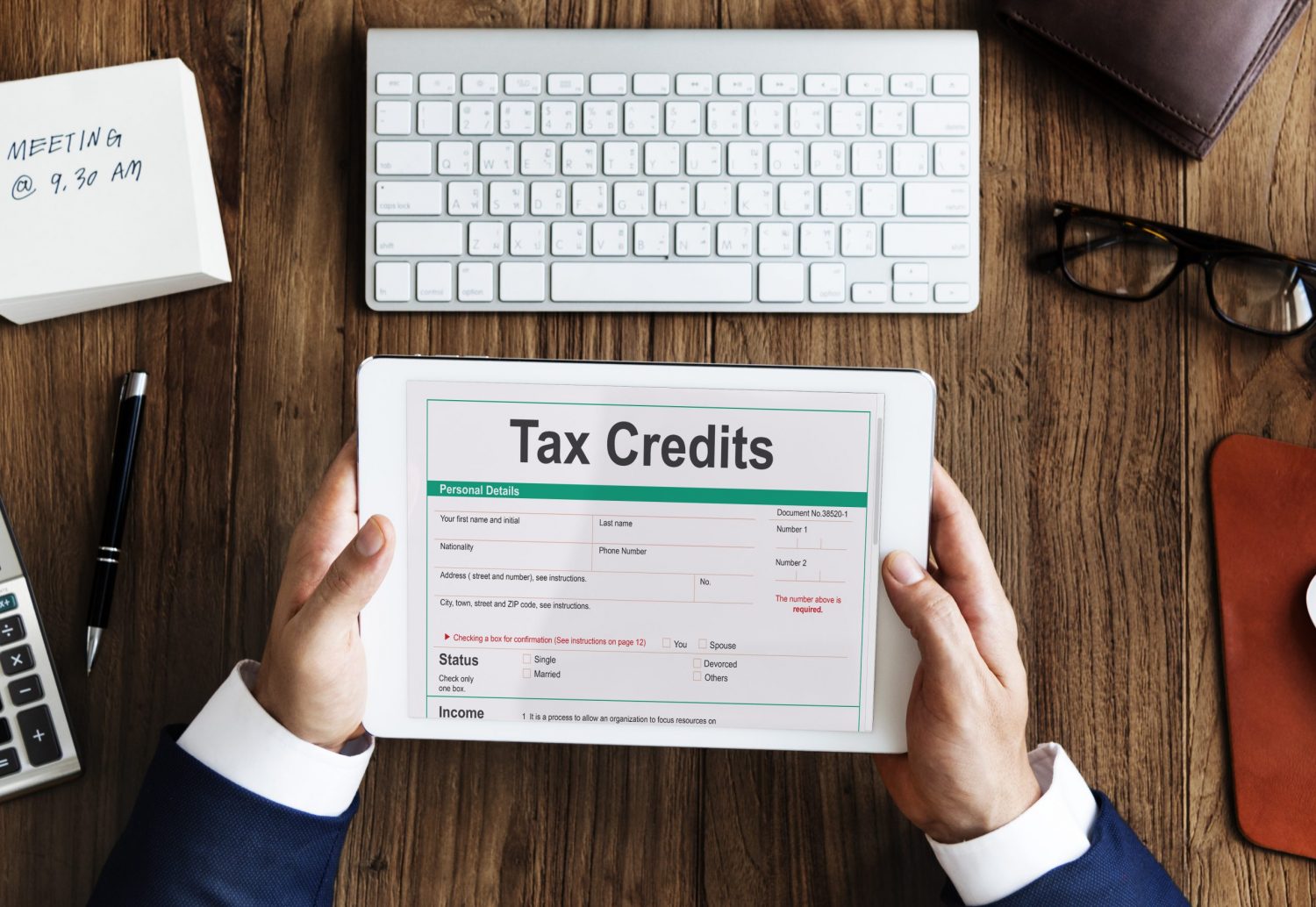Borrowing money for undergraduate and graduate school is common today. In fact, approximately 70 percent of students that graduate from four-year, public and private colleges have some amount of debt, with student loans averaging over $37,000.
You may wonder, “Is any portion of my student loan payments tax-deductible, and will it help me get a refund?” The answers are “maybe” and “maybe.”
Student Loan Debt Is Common
Student loan debt is increasing each year, with the average monthly payment for those who borrowed money between the ages of 20–30 at just under $400. That’s an increase of more than $150 over the past twelve years. In total, federal student debt is around $1.5 trillion.
Understanding the federal tax code can be challenging, so if you’re too stumped, it’s wise to seek a qualified professional. However, let’s examine some of the basic issues that apply to student loans.
What’s the Difference Between a Deduction, Credit, and a Refund
Before we go any further, it’s important to understand the differences between a tax deduction, tax credit, and a refund. The first two may help reduce your overall tax burden, but whether you owe money or receive a refund after filing a tax return depends on many factors.
- Tax deductions are the amount you are allowed to deduct from your gross income.
- Tax credits directly reduce the amount of tax you owe.
- A refund is an amount you could receive if you have paid more than is required after filing your annual return.
- A tax obligation is what you might owe if you haven’t had enough withheld from your payroll check or paid to the IRS if you are self-employed, like many freelancers.
For example, if you are employed by a company, they most likely deduct federal and state taxes, along with social security and medicare taxes from your paycheck.
If you are self-employed, you’re required to make quarterly tax payments on any gross income received. In both cases, you are required by law to file a tax return no later than April 15 of the following year. Then, you will know if any qualified deduction, including student loan interest, impacts your tax return.
Deducting Student Loan Interest
If you made student loan payments while you were enrolled in school or after, any interest paid may qualify for a deduction. However, you can’t deduct any interest if you are not actively paying on the loan.
Let’s say, as a single filer, you earned $50,000 in total compensation. The current tax law allows you to write off or deduct up to $2,500 in student loan interest per year if you paid at least $600 in interest. That could potentially lower your adjusted gross income to $47,500.
You will receive a Form 1098-E from the entity or financial institution that manages your student loan. It will include the amount you paid in principal and interest for a particular year.
The interest on student loans is deductible if you meet certain criteria such as:
- You paid interest on your student loans within the tax year of $600 or more. For a loan to qualify, it must be used strictly to pay for qualified educational expenses.
- You are obligated by contract to pay the interest. Qualified loans can be in you or your spouse’s name, or a dependent child. Any payments you make on behalf of your children or stepchildren who are not dependent do not qualify.
- You are filing as single, head of household, married filing jointly, or a widow(er).
- Your modified adjusted gross income (MAGI) is less than:
- $70,000 for single, head of household, and qualifying widow(er) – reduced credit may be available up to $85,000.
- $140,000 for married couples filing jointly, with reduced credit up to $170,000 in some cases.
Taking Advantage of Tax Credits
There are two tax credits you may be able to take advantage of for the 2019 tax year. These are the American Opportunity Tax Credit (AOTC) and the Lifetime Learning Credit (LLC).
Note: You can only use one, not both of these credits. The AOTC is the only one that offers a refundable tax credit, so you should first explore if you can use the AOTC. However, you can use one alongside a qualifying tax deduction.
Use this IRS Interactive Tool to help determine if one of these credits is right for you.
To claim either of these credits, you’ll need a Form 1098-T from your educational institution, and to complete a Form 8863, which you will attach to your 1040 tax form.
Eligibility Requirements for AOTC include:
- Actively pursuing a degree at a recognized educational institution and be enrolled at least half-time for a minimum of one academic period.
- Have not completed the first four years of higher ed at the beginning of the year.
- Have not previously claimed the credit for more than four years.
- Have not been convicted of a felony drug charge.
- Income requirements for this credit are the same as for deductions.
Note on using the AOTC: If the credit erases your tax burden, 40 percent of the unused tax credit is refundable. This means you can receive up to $1,000 per eligible student as a tax refund, regardless of your tax burden. Check your income requirements to determine eligibility.
Eligibility Requirements for the LLC include:
- Be enrolled or taking courses at an eligible educational institution.
- Be taking a higher education course to get a degree or other recognized education credential or to improve job skills.
- Be enrolled for at least one academic period beginning in the tax year.
Note on Using the LLC: The amount of the credit is 20 percent of the first $10,000 of qualified education expenses or a maximum of $2,000 per return. The LLC is not refundable. You can use the credit to pay any tax you owe, but you won’t receive any of the credit back as a refund.
To compare the differences between the AOTC and the LLC, you can review this IRS document.
The Downside of Student Loans & Your Tax Refund
Taxes and student loan payments intersect in another way, which you want to avoid: tax refund garnishment called a treasury offset. If you fail to pay your student loans and fall into default, the federal government may garnish your tax refund to repay the loans. However, this is a lengthy process, and you can take steps to stop it from happening.
Missing one payment or being late on a payment will not automatically send you into default on your student loans. Your loan will be considered delinquent, and your loan servicer may add additional interest or other fees for being late on payments, up to a point. If you are worried that you missed a payment on your loans, go to your online account with your loan servicer, or call them to ask about loan payments.
There are many reasons you may struggle to make a loan payment, including losing a job, struggling to find employment, having a large medical bill or other personal expense, or experiencing the personal loss of a close friend or family member. Anything that leads to a financial issue impacting your ability to pay your student loans should be discussed with your loan servicer.
You can get payment help, including:
- Deferment and forbearance for up to three years.
- Cancellation or discharge if you meet certain criteria like bankruptcy or disability.
- Refinancing or consolidation of your loans for a longer repayment period and better interest rate.
- Adjustments to your payment schedule.
- Switching to an income-driven repayment plan.
Loan servicers want to work with you to help you manage your loans, which is why so many options exist to avoid default. If you default on your student loans, the Treasury Department has the right to withhold your tax refund or any federal benefit payments you receive as payment on your defaulted loans.
Applying Tax Benefits Helps You Pay Your Student Loans
Both the AOTC and the student loan interest deduction are important ways for you to reduce your tax burden and even get a bit of a refund at the end of the year. Once you get a refund, you can apply this money to paying down your student loans even further, so you can get out of student loan debt in the standard 10-year repayment period or sooner.
Many recent graduates take advantage of tax deductions and credits to manage their loan payments. It’s worth it for you to investigate this option thoroughly.


